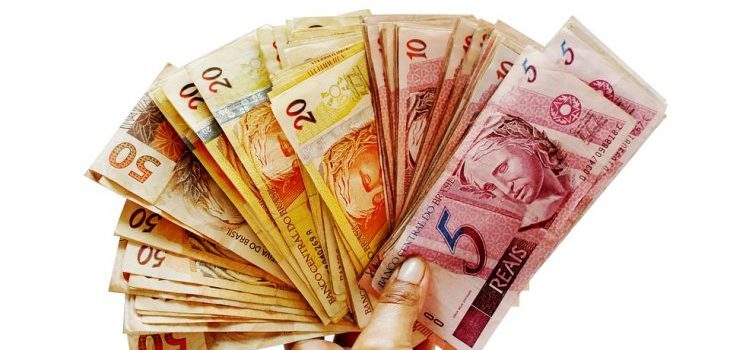Fundraising is a hard job for any NGO – it requires persistence and organizational support.
Now you have it. Congratulations!
What should you do now?
Winning a grant is the start of your project, but it is nowhere near the end of your involvement in researching and planning. Here is a checklist of what you should do after winning a grant and before implementing the project.
Send a “Thank you” email to your donor
The top of the checklist is sending a Thank you email to your donor. “Thank you” can be an incredibly powerful pair of words. It is a courteous way to thank the donor for their money and time. The longer you wait, the lower the chance to earn you sincerity points. For most fundraisers, it is the No#1 strategy for creating loyal relations. A simple note can engage you on a personal level with your donor and also increase your chances for subsequent funding.
Share the News
Do not forget to share the good news with your team and your stakeholders. Your team deserves a pat on the back for all the hard work involved in planning the project and writing the proposal which got you the grant. Acknowledge their hard work. Winning a grant helps to develop your track record and gain the trust of international agencies, increasing the opportunity to win other grants. So, feel free to brag your success on social media (but only after signing the grant agreement and confirming with the donor).
Check your Grant Agreement
Beware – the process of signing the agreement and getting actual money may be longer than you think. Be patient but persistent. Write a letter requesting the release of funds to your donors. Double check if you have missed submitting any additional documents for the donor to process the grant. Pay attention to the special conditions in your grant agreement. This section will tell you about what and how you need to keep track of as you carry out the project.
Organize a Team Meeting
Refresh the memory of your team by organizing a team meeting. Share the details of the grant agreement, project goals and objectives, activities, and timelines. Also, discuss the project work plan and budget again. Assign roles and responsibilities to your team members. It helps to get your team on the same page.
Review the Project Plan
The project plan tells a story about its goals, team, timing, and deliverables. The time difference between planning a project and implementing it can be longer due to the time consumed by grant application process. Before investing the grant in your project, check the quality level of your project plan. Correct if there are any linkages missing.
Design a Reporting Style
Each donor’s reporting requirement is different. Some may just ask for a document, but other may require visual reporting like photos and videos. Others may even want to visit the project site for evaluation. Make sure you know beforehand how your donors want the granted project to be reported and any deadlines. Most donors supply their NGO partners with standard templates. Set up a calendar to note the reporting frequency and due date. Donors are very serious about you reporting back. Missing the due date to report is a big No-No.
Remember the Grant Cycle
It is crucial to remember that grant fundraising is a cycle, and the cycle always repeats. Do note that grant cycles can overlap, so just because you won a grant recently and are implementing one project does not mean you should stop applying for grants for other projects. Never stop researching and networking year-round!

